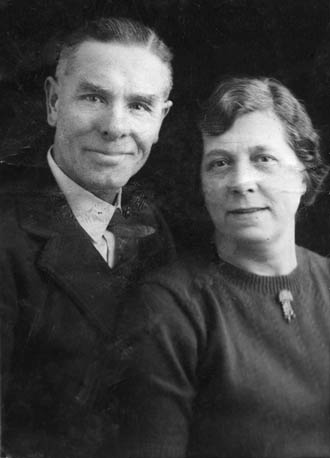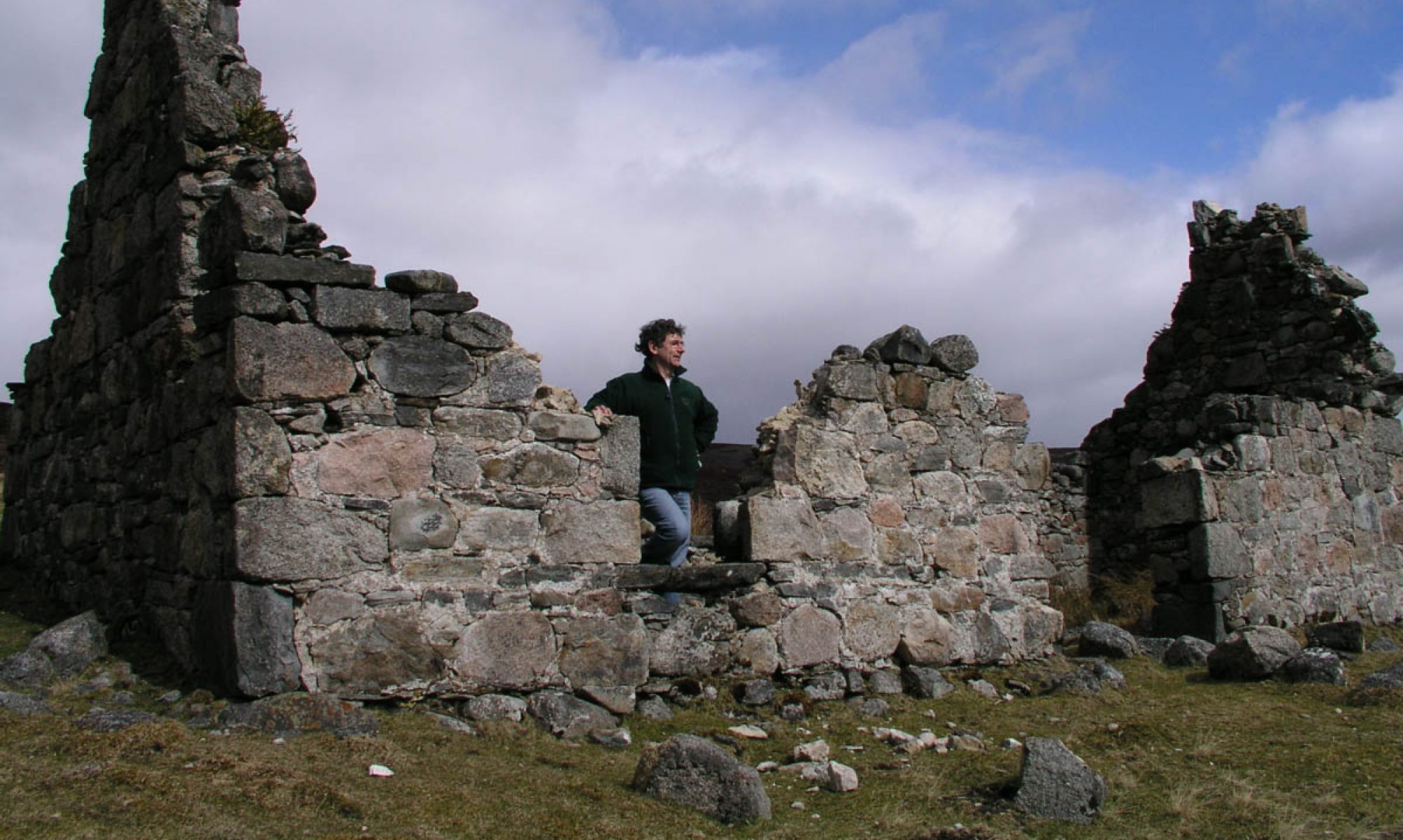
My Scottish ancestry is dominated by the fact that my paternal grand-parents were first cousins. James Duncan Grassick, born in Edinburgh in 1894, was the son of Isabella Bowie, who had married my great grand-father James Duncan (these two forenames keep cropping up in this branch of the family) five months before my grandfather’s birth. In 1921 he married Isabella’s sister Elizabeth’s daughter Jane McGregor Erskine.
The disgrace caused split the family. My father, an only child born nine months later, seems to have been quite cut off from the extended family. There were two other children, Annie Erskine and John Erskine. But my father was never really in touch with his aunt and uncle. We do know that one of Annie’s children was Bobby Combe, the legendary Hibs footballer of the 1950s who also playedfor Scotland.
For this reason, I have spent some time researching the Bowie line of the family. The Bowies moved from Linlithgow to Edinburgh sometine between 1866 and 1869. James Duncan and Jane McGregor’s grandparents lived on the High Street there, possibly with a shop since he (Thomas) was a shoe-maker and she (Jane) a dress-maker. Jane McGregor’s mother Elizabeth was born in Linlithgow in 1859. James Duncan’s mother Isabella, was born ten years later in Portobello, Edinburgh.
The Grassick line can be traced to James Duncan’s grandfather James, who was born in the parish of Abernethy and Kincardine in Inverness-shire in 1844. It must have been James who moved to Edinburgh, as he married in Leith in 1868. What caused James to leave the Highlands?

This is a very interesting blog.
“What caused James to leave the Highlands?”
My mother’s grandmother was a Grassick from Rynelrick. I have photos of a Grassick wedding in Grantown where there are still Grassicks of that family today.
The story goes that the factor, Munro, evicted them from Rynelrick. Forced out of the house, they made a rough shelter against the gable end. I never heard mention of men in the family being present at the time, only the mother and children. The factor sneered at them and said “Aye wifie, ye’ll be cauld this nicht.” The old lady replied “No as cauld as you’ll be afore ye die.”
Munro met his end when walking home drunk in winter. He followed the railway line as the tracks were easy to follow through the snow. In those days they didn’t put a bridge across every burn but just laid the tracks across the gap. Munro fell down through the space between the rails and froze to death. It was some time before he was found. I got this story from my mother and there are still people in Grantown who could tell you too. I’ve also seen a version written somewhere online but I can’t find it now.
Fascinating story, John. So we are likely related. Many thanks for telling the story of Munro. I must make a point of re-visiting Grantown.
Sorry meant Richard